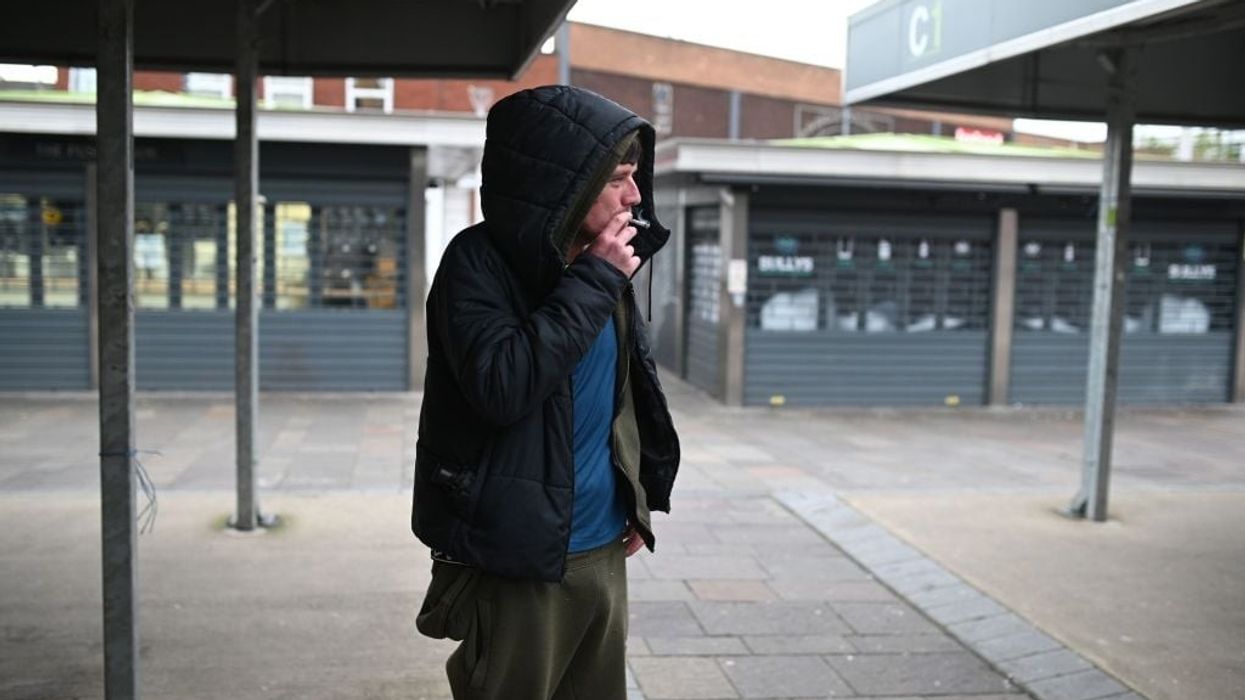A NEW study by Cancer Research UK has revealed that smoking causes almost twice as many cancer cases among the poor than the well-off in England, reported The Guardian.
About 11,247 cases of cancer caused by smoking are diagnosed among the poorest 20 per cent of people in England each year, but far fewer – 6,200 – among those in the top 20 per cent income bracket, the report added.
The analysis also found that people in deprived communities in England are two-and-a-half times more likely to smoke.
While the proportion of people lighting up has fallen significantly over the last 20 years, it is increasingly concentrated among poorer groups, the report said.
The charity said the findings underlined why ministers should impose a levy on tobacco firms to help fund the cost of helping tobacco addicts to quit.
“It’s very concerning that smoking causes more cancer cases in more deprived groups,” Michelle Mitchell, Cancer Research UK’s chief executive, told The Guardian.
According to her, the difference in cancer incidence between rich and poor is so great that, combined with cuts to stop-smoking services in recent years, it threatens the government’s target of England becoming smoke-free by 2030.
The number of people smoking would need to fall from its current record low of 15.5 per cent to just five per cent in order for that ambition to be achieved.
“This stark differential in cancer rates exists because of the iron chain linking smoking and disadvantage. Around a quarter of those who are unemployed or in routine and manual occupations smoke, compared with fewer than one in 10 working in management or the professions,” Deborah Arnott, chief executive of the anti-smoking charity ASH, was quoted as saying by the newspaper.
Arnott said: “Tobacco manufacturers make extreme profits off the backs of the poor. The time has come to make them pay to end the epidemic that they and they alone have caused."
Analysis by CRUK found that about 53,227 cancers a year are diagnosed among the poorest 20 per cent of people in England as measured by the Office of National Statistics’s index of multiple deprivation. Of those, an estimated 11,247 (21 per cent) are caused directly by smoking, it said.
More cancer cases occur in the wealthiest 20 per cent – an estimated 63,828. However, far fewer of them – 6,200 – are the result of someone smoking, and they represent a much smaller percentage (10 per cent) of all cases of cancer that occur in that part of the population.
“This new study found that more cancer cases are caused by smoking in the most deprived 20 per cent of the population. This is due to more people smoking in this group, likely because of several factors such as exposure to smoking, access to cigarettes, tobacco industry marketing, housing and income pressures, and access to health and social care, information and education," Prof Linda Bauld, a public health expert at Edinburgh university, told The Guardian.





